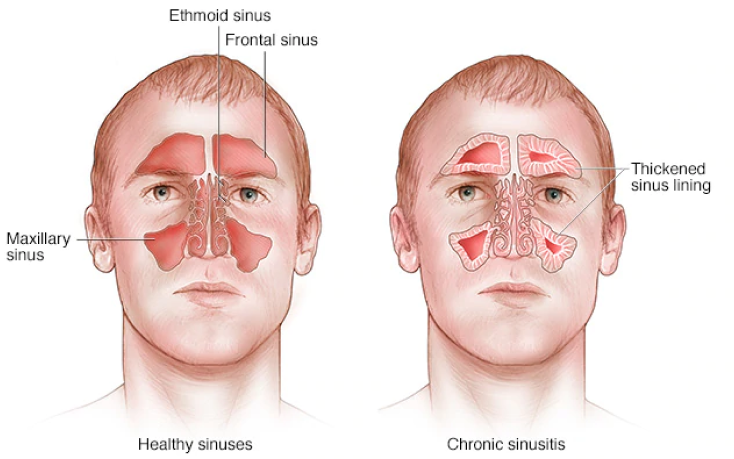Head and Neck pain is often a cause of many discomforts that we often face during our day to day lives and in normal situations that forces us to get in positions that hurts us in the short term and the long term. Also there are pains that are chronic that people face.
Head and neck surgery can treat a variety of problems of the head and neck. Conditions include thyroid problems, sinus disorders and head and neck cancers. Many patients with cancers in the head or neck receive surgery to remove tumors and cancerous tissue. Reconstructive surgery is an important treatment to regain a natural appearance after some cancer surgeries.
What is head and neck surgery?
Head and necks surgeons are often called ear, nose and throat doctors or otolaryngologists. Otolaryngology is a surgical specialty. It covers the diagnosis and treatment of many common disorders affecting the head and neck.
Head and neck surgery may be treatment for different types of head and neck cancers. Head and neck cancers can affect the nasal cavity, sinuses, salivary glands, throat, lips, tonsils and larynx.

Head and neck surgery process
There are many different types of head and neck surgeries. Surgery can include minimally invasive procedures that speed recovery time. Doctors and their patients will go over the procedure together in detail. Tell your doctor if you have any concerns or questions about the surgery.
Head and neck surgery recovery
Recovery depends on the surgery. Neck dissections to remove tumors may require two to three days in the hospital if there are no complications. Other surgeries can require up to one week in the hospital.
Most patients will need assistance after their discharge from the hospital. Patients will feel very tired for about a week after their surgery. At home care services can be made available to patients who need it.
Head and neck surgery may not be the last procedure for many patients. Some may need reconstructive surgery to regain a natural look to the face and neck. Patients with head or neck cancer also may need radiation or chemotherapy. Others may need rehabilitation services such as speech therapy.
Speak with your doctor about what to expect after surgery. Your doctor will be able to provide you with information for the best recovery process for you.
Conclusion
This Procedure is tricky and isn’t easy so be careful and always get checked up to make sure you get to the best possible shape.







